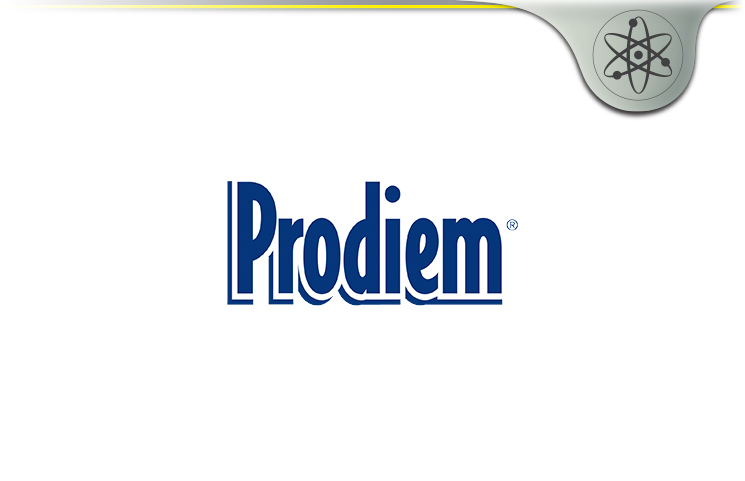
Dental health is not only vital for the human members of your family; pet dental health is a specialized form of veterinary care which is essential for the all around health and wellbeing for the domestic pets of yours. Proper dental hygiene not only prevents oral diseases, but increased tartar, tooth decay, along with periodontal disease are associated with a wide variety of significant health issues in pets like problems with the heart, liver, and kidneys. However, a routine which comes with regular examinations and brushing in addition to proper nutrition is able to help your pet live a long, good lifestyle.
Ultimately, your pet's dental health is your responsibility. Pets can't brush the own teeth of theirs or make appointments to check out the dentist, so as a pet owner seeing to it your pet's dental health is an important element of having a pet. Ignoring the dental health needs of your pet exposes them to increased threat of broken teeth, cavities, tooth decay, along with various other situations that seriously impact your pet's quality of life. More importantly, while cats and dogs feel pain associated with dental problems, they're incapable of expressing this pain clearly. They may stop eating or exhibit alternative strange behaviours that are detrimental to the overall health of theirs.
The most essential thing you are able to do as a pet owner is to regularly look at your pet's teeth for signs of a problem. Inflamed or red gums, foul breath, as well as abscesses in the mouth are only a few clues that your pet is struggling with poor dental health. Ideally, you really want to prevent these problems before they arise. The following guidelines should assist you take care of your pet's teeth so they have a better quality of life.
Brush your pet's tooth every day, if possible. If your pet has not been exposed to brushing, \prodentim soft tablets (
www.langleyadvancetimes.com said in a blog post) start slowly so they steadily become at ease with regular brushing. You need to start brushing your pet's teeth by age range eight to 12 weeks so they become familiar with the routine out of a young age. If perhaps your pet is resistant to brushing, try introducing some benefits. Pets will respond to
reinforcement.
Together with normal cleaning, you need to ensure that the pet of yours has regular tooth checkups from your veterinarian.
Lastly, proper nutrition is a vital aspect in
pet dental health. Some pet foods are specifically formulated to improve dental health, although you can additionally ensure your pet is on a balanced diet. By getting the correct nutrition, your pet's teeth and bones are going to be stronger and more resistant to oral diseases.